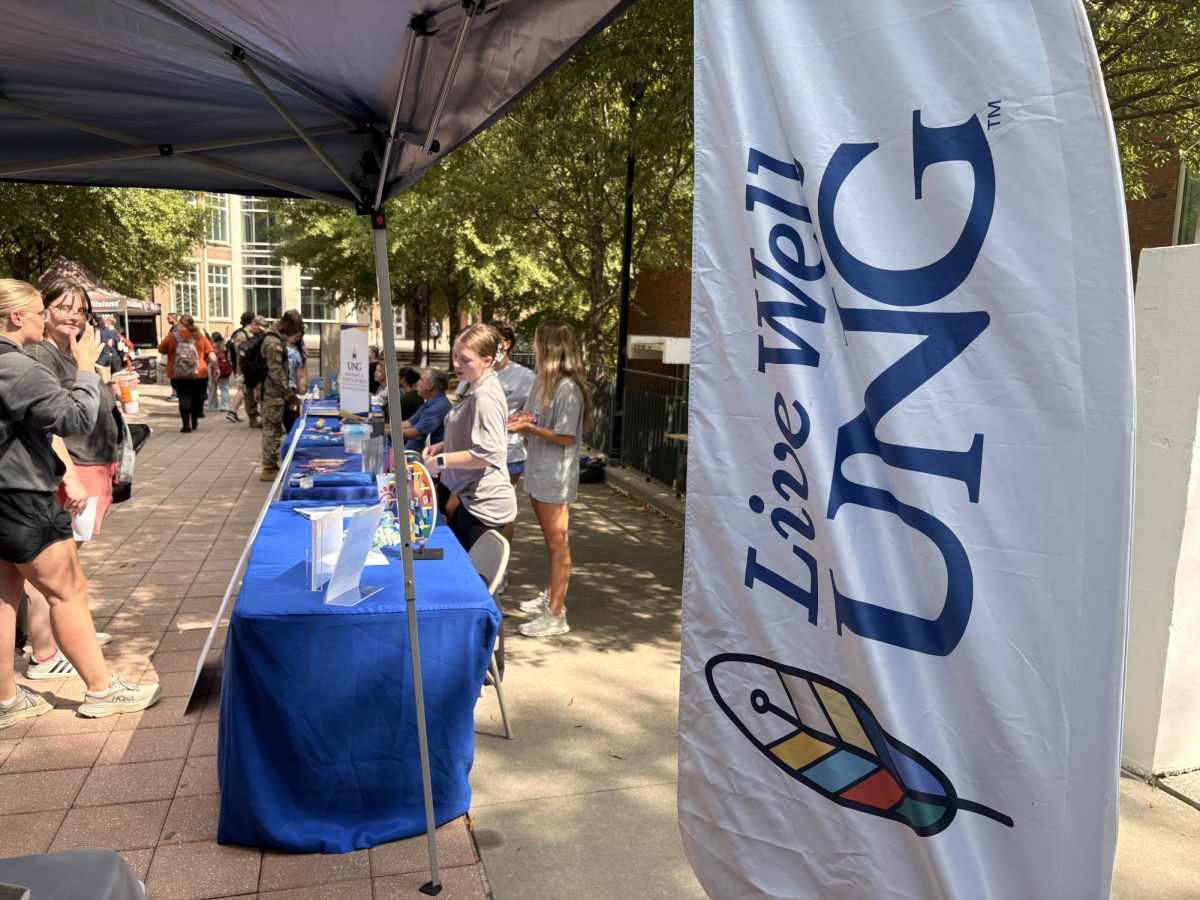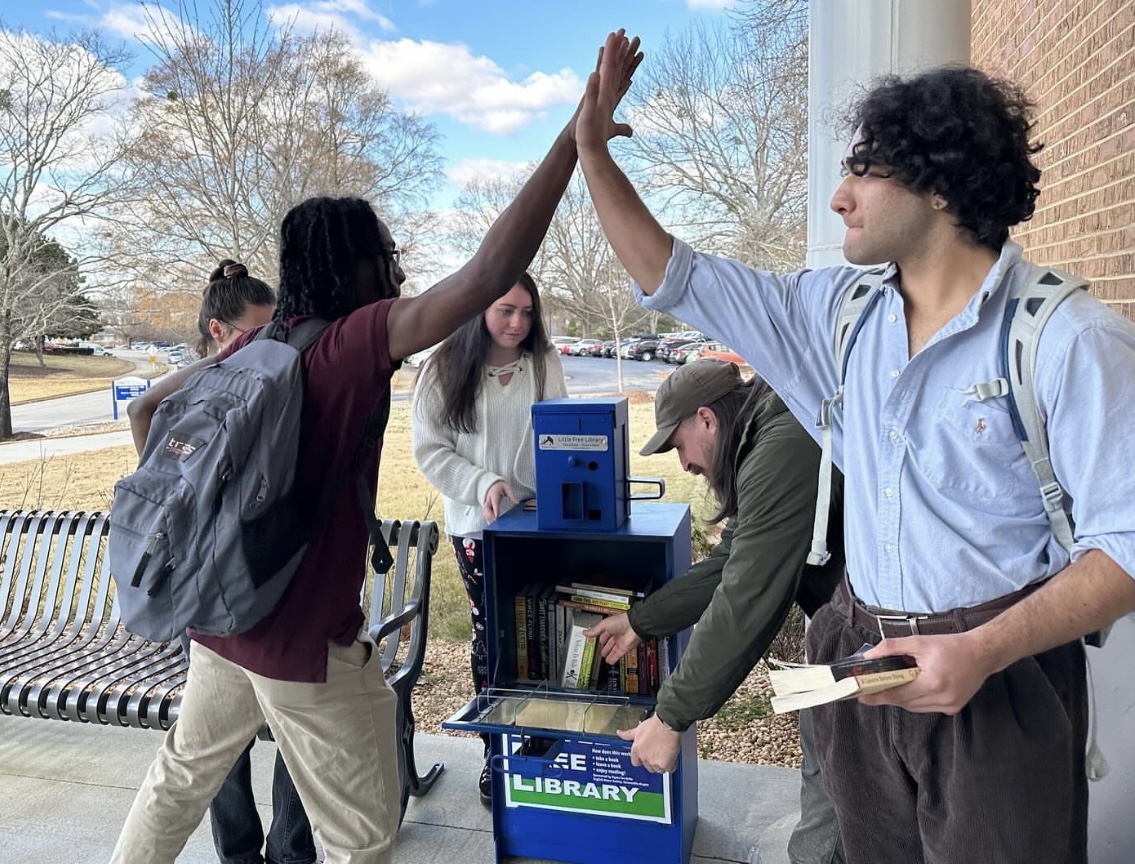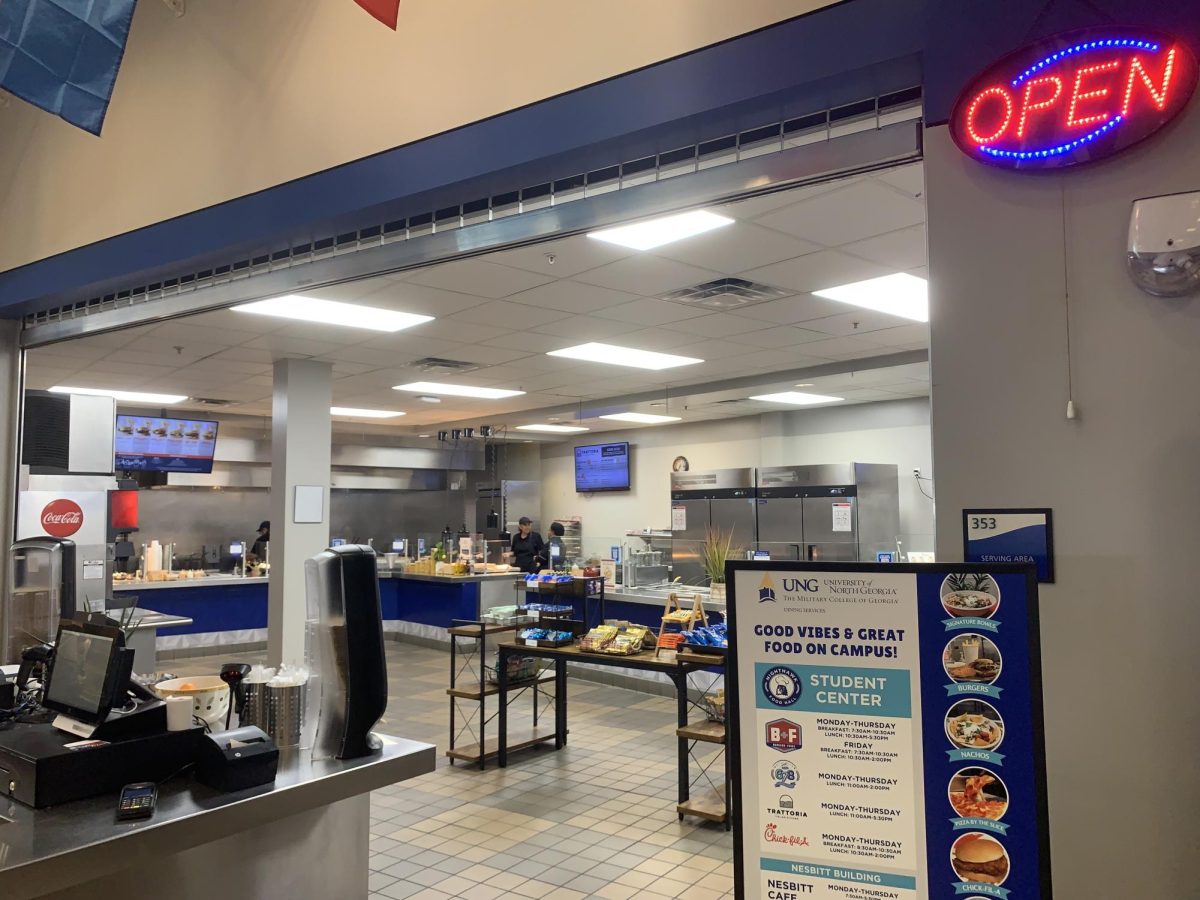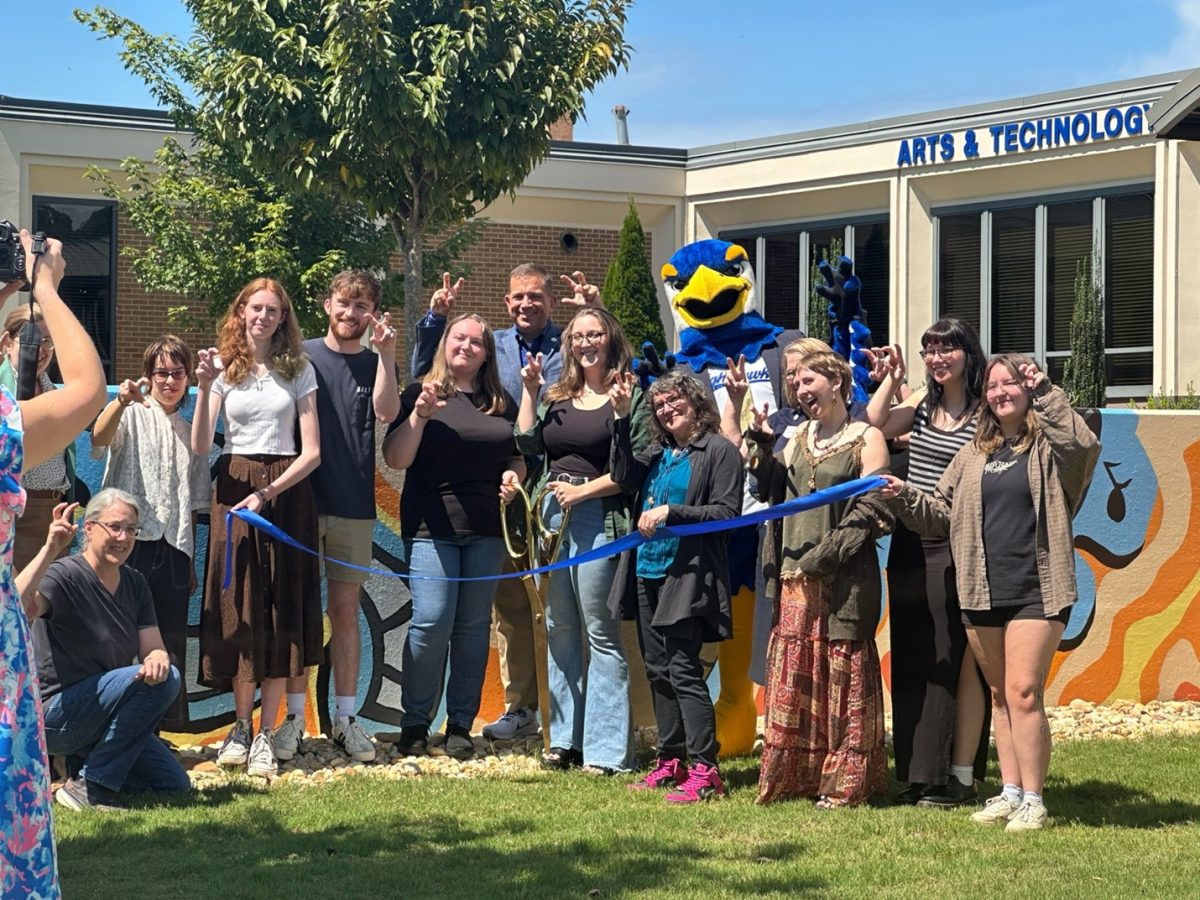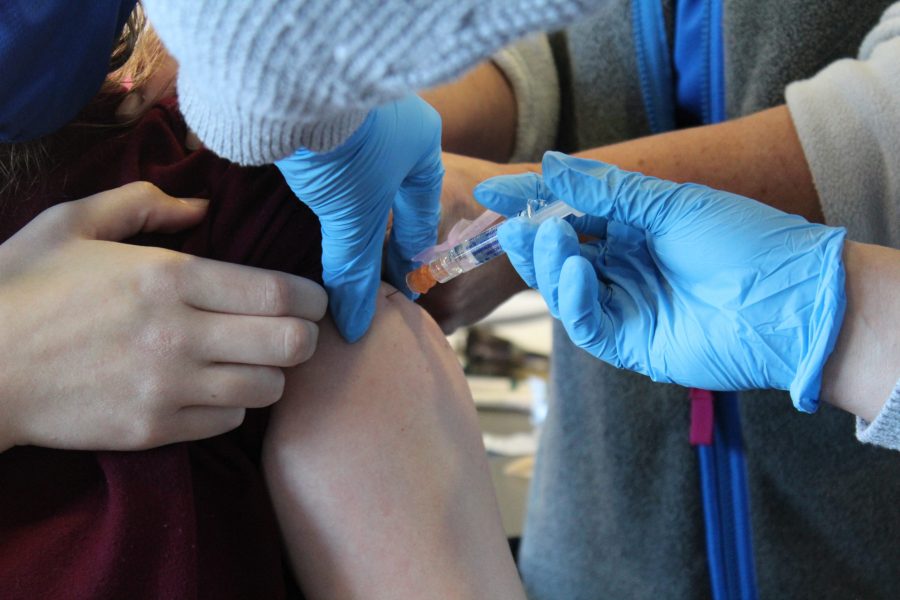A diversity and inclusion bill for DACA students in the state of Georgia made it to Crossover Day, March 8, with bipartisan support. At the same time a bill targeting transgender students dissolved. However, no vote was held on either of these opposing bills on Monday.
Crossover Day is the last day for bills to be sent from one chamber to the next once passed. This day is crucial for the bills expected to pass in the House to crossover to the Senate. This year there were two important developments regarding diversity and inclusion for students that made it to Crossover Day: Senate Bill 266 and House Bill 997.
Dalton Rep. Kasey Carpenter supports House Bill 997 which would allow for “Dreamers” to have more access to in-state tuition at Georgia public universities. Undocumented or DACA students who graduate from a Georgia high school would have access to expanded in-state tuition if Carpenter’s bill had passed.
According to a report by Valdosta Daily Times, Rep. Kasey Carpenter said, “We’ve got an opportunity to keep these high-achievers in our state and for my community they add a lot of value. They’re hard-working folks and they just want opportunities. They’re Georgians, as far as I’m concerned.”
I spoke with two educators and a career pathway architect on diversity and inclusion initiatives and support for students interested in pursuing post-secondary opportunities.
Give the Dreamers in-state tuition.
Dr. Elizabeth Rosner, most commonly known as Dr. Roz, works with prospective college students to assist them in successfully navigating their career path debt-free. As a Nonviolence365 Trainer at The King Center, with over 30 years experience with higher education planning, diversity and inclusion for DACA students is important to her.
“This would be phenomenal for DACA students. You come here, Your parents bring you here. You have no choice to be here. It’s not fair”
Dr. Roz emphasized the importance of inclusivity for in-state tuition assistance for DACA students. There are resources, grants, and scholarships for “Dreamers,” however she agrees that more must be done to help these prospective college students.
Prospective college students with IEPs
Dr. Roz encourages students with disabilities who had an Individual Education Plan (IEP) in high school to use accommodations through college.
When Dr. Roz was a disability services director at UNG, many students who had IEPs in high school were not open to accepting services for accommodations at the university level.
Dr. Roz put it simply like this,
“It’s a little bit like saying, I was a diabetic in high school, but now I’m gonna come to college, I’m gonna be independent, and I don’t need my insulin.”
Similarly, one former educator agrees that more must be done to ensure students with IEPs use their advisors for a smooth transition to college, whether they are traditional high school students or GED students.
Betty Budnek, a former educator and instructor, worked in adult education for eight years. She encourages students to accept accommodations and find out for themselves whether they still need them or not.
As a former instructor at the Cobb-Paulding Adult Education Center, Budnek educated students and assisted them in securing their GEDs. Budnek said, “I would like to see high schools assist students with making the transition from their special education program to the GED program more efficient so that students are not forced to start their high school education over again, completely from scratch.”
LGBTQ students
Senate Bill 266 would have prohibited transgender students from participating in girls sports. The bill passed in a senate committee but was never brought forth on the senate floor. Therefore, with much opposition from the LGBTQ community, the bill poses no threat to transgender athletes.
For one educator, transgender accommodations have recently become a new normal. Dr. Patricia Procope is an educator and test administrator for Cobb County Schools. Procope has worked with a diversity of students and said that without a significant diversity and inclusion plan we deal with moments of awkwardness.
Procope said, “we had our first transgender student but we didn’t have a bathroom to accommodate them and they wanted to use the ladies’ room because that’s who they identified with. To overcome this, we had to have the student use the teacher’s bathroom.”
Accommodations for transgender students are expanding. Procope says the best way for administrators and GA representatives to work together to achieve a successful, diverse, and inclusive educational experience for students of all backgrounds, is to give realistic expectations. Procope said our representatives should “let students know what to expect from personal experience of their time as undergrads.”
“I believe we are who we believe we are and should have all the liberties that being ourselves would permit.”- Dr. Patricia Procope
For prospective college students who are LGBTQ, those with disabilities, or undocumented students, UNG has a wide variety of resources and accommodations. UNG welcomes these students to use all available resources and advancements to their advantage.
“UNG is very student focused. With these myriad services, UNG provides a framework for every student to thrive.”- Dr. Elizabeth Rosner
Crossover Day is over, however after speaking with these three professionals, change is definitely in the works. We all must advocate for ourselves and others to empower students interested in pursuing higher education.










